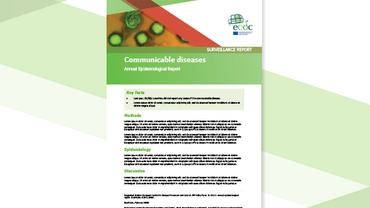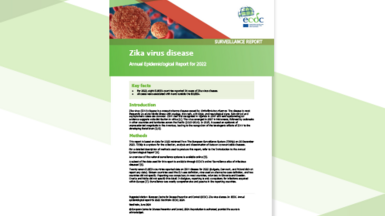Implementing the Dublin Declaration on Partnership to Fight HIV/AIDS in Europe and Central Asia: 2010 Progress Report: Summary
In 2004, high level representatives of European and central Asian countries issued the Dublin Declaration on Partnership to Fight HIV/AIDS in Europe and central Asia. This report provides a brief summary of findings from a review of progress made towards its implementation. It is based on data from 49 countries and reflects the contributions of a wide range of individuals and organisations.
The full report can be found here
Executive Summary
ECDC today publishes a second set of reports that show how countries have been responding to HIV up till 2012 based on their commitment outlined in the Dublin Declaration on Partnership to Fight HIV/AIDS in Europe and Central Asia.
Following ECDC’s 2010 progress report, the new series of thematic reports and evidence briefs present the main findings, discuss key issues, assess the progress made since 2010 and outline areas for future actions in Europe’s response to HIV. ECDC used information provided by countries in 2012 to produce a series of 10 reports covering key topics in the response to the HIV epidemic: leadership and resources, treatment care and support, stigma and discrimination; specifically affected groups like people who inject drugs, men who have sex with men, sex workers, migrants, prisoners and the role of civil society. Today, ECDC publishes the following reports of the series:
- Migrants: Thematic Report and Evidence Brief
- Civil society: Thematic report and Evidence Brief
- Stigma and discrimination: Thematic Report
- Combined reporting: Thematic Report
Amongst others, the reports find that while the overall state of partnerships between governments and civil society is improving, more work is needed in this area to foster efficiency, effectiveness and accountability. Since many countries in the region regard migrants as an important population in their national HIV programmes, the thematic report on migrants outlines the main issues and respective policy implications. The thematic reports on people who inject drugs, men who have sex with men and prisoners will be published later in the year.






